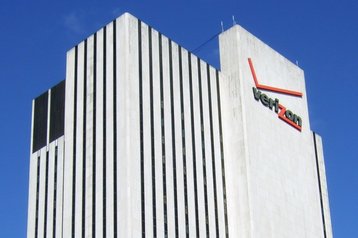America’s largest mobile network operator Verizon Communications is acquiring all fiber-based network assets of its competitor XO Communications – that’s a total of 1.2 million miles of fiber cable, or 20,000 route-miles across the largest cities of the US.
As part of the package, Verizon is also getting a chunk of wireless spectrum it doesn’t need, so the spare frequencies will be leased, with a plan to potentially put them on sale by the end of 2018.
Verizon will pay around $1.8 billion to expand its network, but expects to make most of the money back through ‘operational synergies’ between the two companies.
“This transaction will create a stronger provider of business broadband services for the customers of XO Communications,” said Chris Ancell, chief executive officer of XO.
At the same time Verizon is considering the sale of its data center business that includes nearly 50 enterprise-class facilities across the Americas, Europe and the Asia-Pacific region – although no final decision has been made.
Core business
XO Communications owns and operates one of the largest Ethernet and IP networks in the US. It also offers enterprise cloud services and colocation from 38 individual data centers.
Currently, XO has a single shareholder – the infamous activist investor Carl Icahn who, at various points, held substantial or controlling positions in businesses including Texaco, Western Union, Marvel Comics, Blockbuster, Netflix and Motorola.
It was Icanh who attempted to stop Dell from going private in 2013, under the leadership of its founder Michael Dell. He said he resisted the takeover since the price offered for the company, $24.4 billion, was too low.
Icahn stuck with XO Communications for nearly 15 years, first purchasing its debt in 2001 as the company was edging towards bankruptcy. He blamed major network overcapacity and overly optimistic projections for the weak overall performance of the business.
“Although this sale to Verizon does not represent a significant annualized return on our investment, we believe that in today’s environment it does represent the best achievable outcome for the company’s customers, employees and owner,” he explained.
Verizon says the acquisition will enable it to better serve its enterprise and wholesale customers, as well as ‘densify’ its cell network. The company will pay $1.8bn for the privilege – a modest amount when you consider operational synergies between the two companies, which Verizon estimates to be in excess of $1.5 billion.
The transaction is expected to close in the first half of 2017, subject to regulatory approval.

